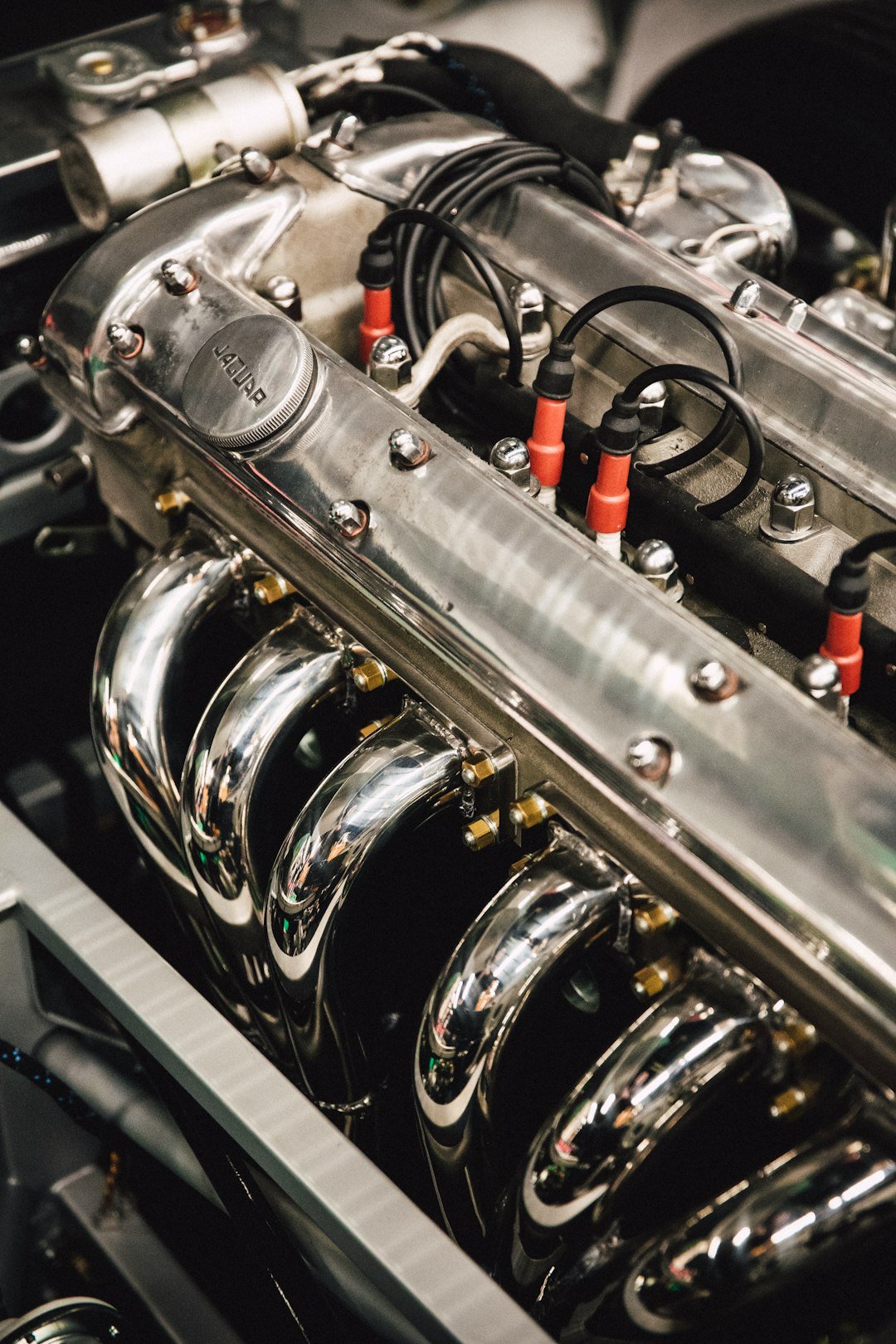CFM juggles engine supply in boost to Airbus, sources say
Published by Global Banking & Finance Review®
Posted on November 28, 2024
4 min readLast updated: January 28, 2026

Published by Global Banking & Finance Review®
Posted on November 28, 2024
4 min readLast updated: January 28, 2026

CFM diverts engines to Airbus to meet 2024 delivery targets, easing tensions but impacting airlines' repair times. Airbus shares rose 2%.
By Tim Hepher
MUNICH (Reuters) - Jet engine maker CFM has agreed to divert some engines to Airbus to narrow a supply gap as the planemaker battles to hit end-of-year targets, three people familiar with the matter said.
This month's agreement follows a tug of war for scarce engines or parts between planemakers and repair shops and is expected to involve CFM diverting to Airbus some engines initially allocated to the aftermarket, the sources said.
The number of engines was not immediately clear, but the deal raises confidence that Airbus can take a step towards meeting what are widely seen as challenging delivery targets of "around 770" aircraft for 2024, barring other supply setbacks.
"We are working hard to meet demand from our customers and to maximise fleet utilisation," said a spokesperson for CFM, jointly owned by GE Aerospace and Safran.
An Airbus spokesperson said: "We are working with our suppliers, including our engine suppliers, to deliver on the commitments."
The agreement is expected to ease recent tensions between Airbus and CFM over the supply of engines but could disappoint airlines that are eager for relief from long engine-repair waiting times for existing jets, a senior industry source said.
Speaking in Belgium on Wednesday, Safran CEO Olivier Andries confirmed that CFM had prioritised Airbus over airlines on a temporary basis to feed the Airbus assembly lines in time to secure extra aircraft deliveries in 2024.
"In a difficult ramp-up, it's true that in recent weeks we have tended to allocate engines to Airbus, precisely to allow it to deliver as many planes as possible," Andries said when asked about an earlier version of this article, according to AFP.
Airbus shares closed up 2% after starting the day lower.
JUGGLING DEMAND
Engine makers routinely have to juggle the demands of planemakers, who need the right number of power units to carry out their targets for assembling new planes, and the aftermarket where airlines rely on spare engines or parts to keep existing fleets flying.
But a stronger than expected snapback in demand following the pandemic, coupled with industrial snags and increased wear and tear, have left the two opposite ends of the aircraft market fighting over access to a limited supply of engines.
In July, Airbus lowered its annual delivery target to "around 770" aircraft from 800 and CEO Guillaume Faury said he had been "blind-sided" by a drop in supplies from CFM.
Last week, however, Faury pointed to increasing confidence over the engine supplies, telling Reuters that CFM should be able to supply enough units, but that it would be "very tight".
Some analysts remain cautious about the sprint in deliveries needed for Airbus to reach its target, even though many say its wording leaves flexibility to deliver an estimated 750 jets without having to issue a new warning to investors.
"Based on current performance, something has to change to facilitate 770 or even 750 deliveries - and as of today I’m not seeing that change," said Rob Morris, global head of consultancy at UK-based Cirium Ascend.
Uncertainty over CFM supplies follows a lengthier bout of disruption caused by problems and delays at Pratt & Whitney which competes with CFM to power the A320neo series.
Engine makers have been struggling to square the improved performance of recent engines with their hotter running temperatures, which triggered more maintenance than expected.
GE Aerospace CEO Larry Culp said last month CFM aimed to take care of both airlines and airframers. He told analysts he was encouraged by the third quarter, when a key set of suppliers had raised output by 18% from the previous quarter.
(Reporting by Tim Hepher; Editing by David Goodman, Ros Russell and Deepa Babington)
The article discusses CFM's decision to divert engines to Airbus to help meet 2024 delivery targets.
Airlines may face longer waiting times for engine repairs due to CFM's prioritization of Airbus.
Airbus shares increased by 2% following the announcement of the engine diversion.
Explore more articles in the Business category











